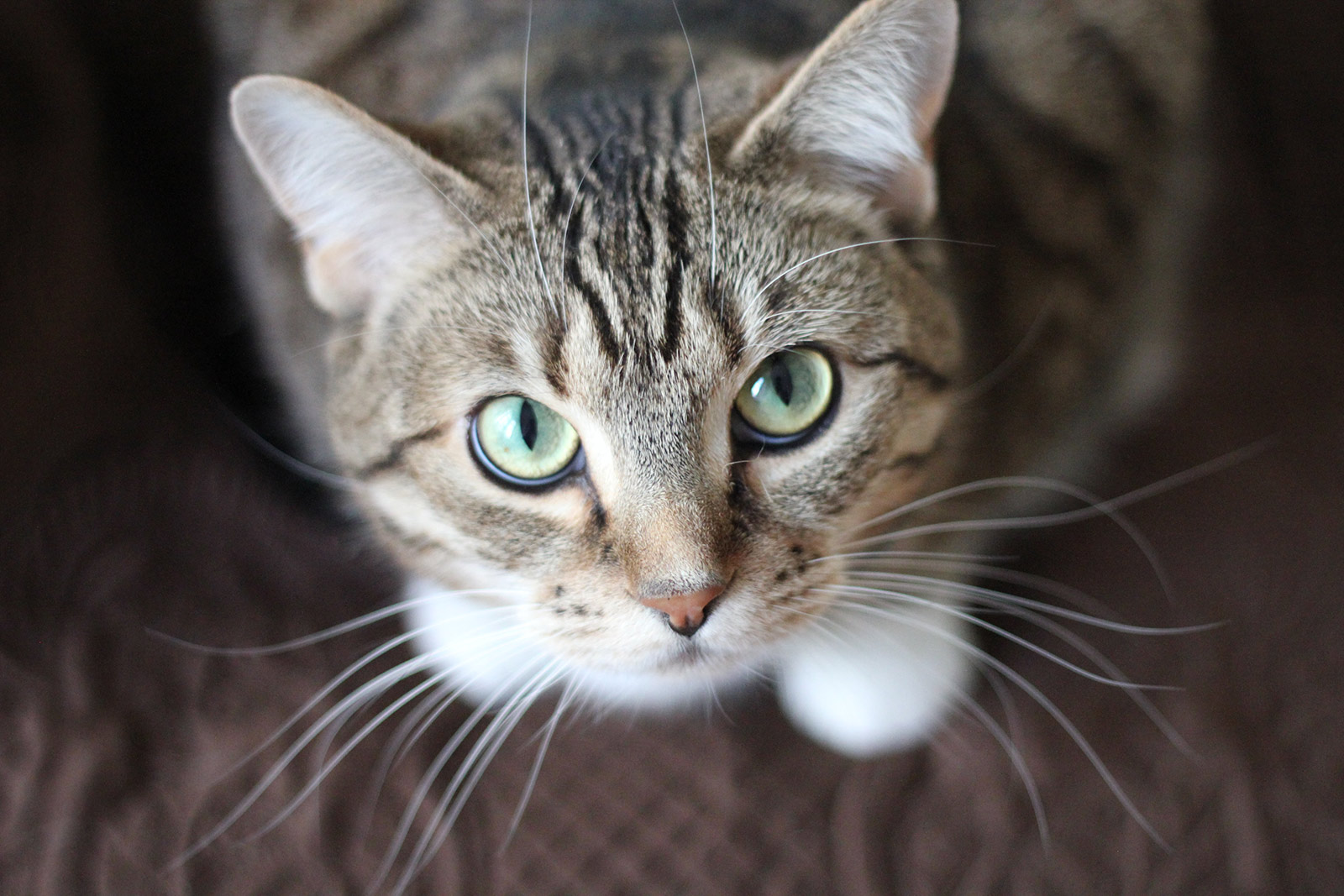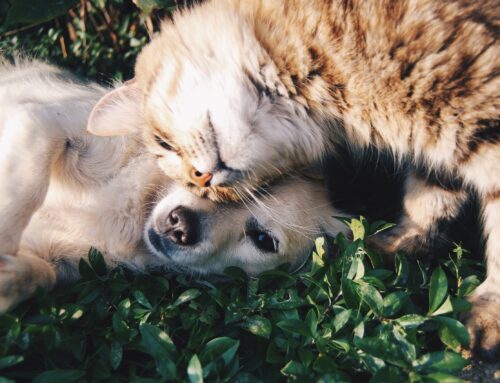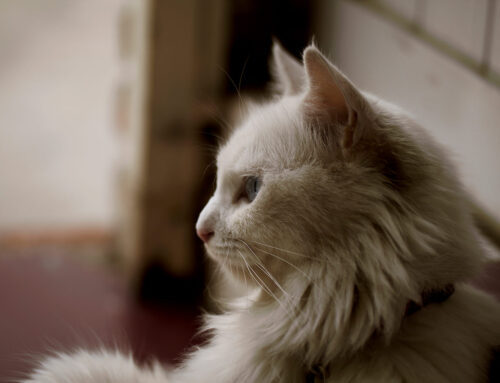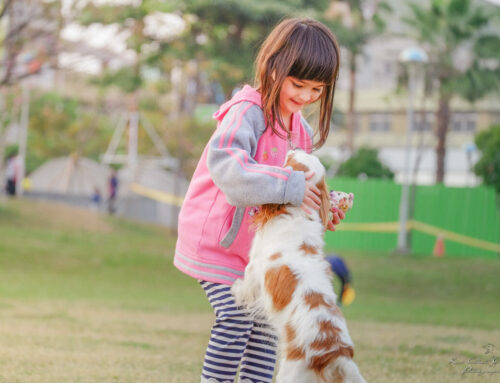While you may already be familiar with the stages of grief, it never hurts to be reminded of them, especially when you are in the midst of a grief experience.
These stages, first outlined by Elisabeth Kübler-Ross are universal and generally experienced in response to a sudden or overwhelming loss–be that of a person, a pet, a job, a relationship, a separation, etc. Intense grief is normal and it is by no means an indicator that something is wrong with you.
Grief is not necessarily a linear process and it is quite common to move between these stages, stay in one stage longer than another, or skip certain stages altogether. Grief is an individual process and there is no “correct” way to grieve, so be patient with yourself and your process. But most of all, allow it. The only way out of grief is through it.
Stages of Grief When Losing a Pet
Denial
In this stage there is often an experience of shock and disbelief that your pet is gone. As much as we anticipate and attempt to prepare for a pet’s death, we are never really ready for the sudden impact and finality of the loss. The defense system of the human mind often involves blocking out experiences that are overwhelming and distressing, so it is not unusual to initially be in denial of the reality that your pet is truly gone.
Anger
Death leaves us feeling out of control and powerless. Coming face to face with helplessness or the frustration that we couldn’t do more can lead to angry feelings which may manifest in lashing out at others or being outraged over things that normally don’t warrant such a response. There might be a tendency to blame others who had nothing to do with your pet’s death. Resentments may build towards people who don’t seem to understand the weight of your loss.
Bargaining
This stage involves the hope that something can be done to change an inevitable situation. “If I do this…” “I should have, could have…” In terms of losing a pet, this stage is one that is often consumed by guilt. As a pet owner, you take on the responsibility to care for a pet throughout its life, so it makes sense that you might feel that you have let that pet down, or in some way failed to keep that pet from dying. Despite our best intentions, there is a limit to our ability to control things. In this stage we often wrestle with accepting this limit.
Depression
Depression may be experienced throughout the mourning process. You might feel emotionally depleted or numb and small things in life are experienced as overwhelming. Low mood, physical fatigue, loss of appetite and overall feeling of despair are typical symptoms of a depressed state. Depression may bring on a tendency to isolate and withdraw.
Acceptance
In this stage, a sense of resolution and peace is reached with the situation, recognizing that the circumstances are what they are. There is less of an internal struggle with reality. Letting go of the hurt and pain does not mean letting go of your pet’s meaning in your life. Perhaps one of the greatest gifts pets can give us is that they teach us how to deal with loss, and can help us prepare and be better equipped to handle other losses in life. When you emerge on the other side of the pain of grief, you cannot help but be changed. Sometimes a stronger sense of self develops, and you may even redirect your life in a new way as a way to honor your pet and let that animal’s life live on.
The grieving process is a normal part of the human experience. However, if you find yourself really “stuck” in any of the above stages for a prolonged period of time I would encourage you to seek help from a therapist (and certainly if you are considering harming yourself or others.) Sometimes the loss of a pet is a trigger for past unresolved losses or issues that are in need of exploration.
“Death ends a life, not a relationship.” ~Jack Lemmon





